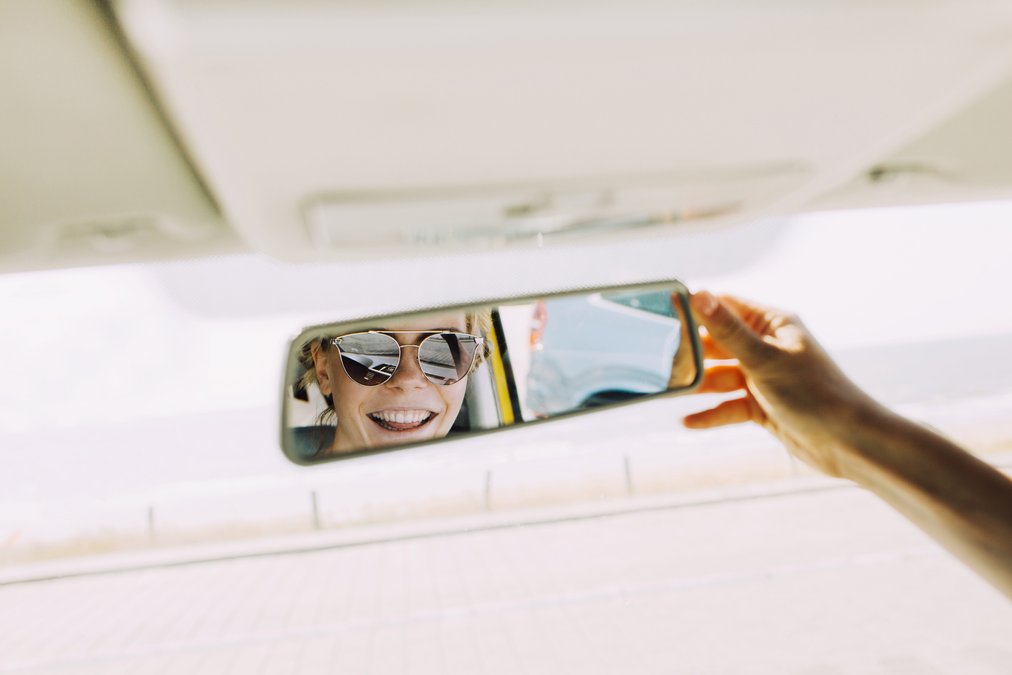The great outdoors beckons billions of people across the globe every day. There’s much to be gained from spending time outdoors. According to the American Psychological Association, exposure to nature has been linked to improved attention, lower stress, improvements in mood, and reduced risk of psychiatric disorders.
With so much to gain from spending time in the great outdoors, it’s no wonder so many people embrace opportunities to get outside. And when doing so as the weather warms up, it’s important that individuals take proper precautions, such as wearing sunscreen and staying hydrated. But it’s equally important to protect your eyes before soaking up some springtime and summer sun.
Purchase prescription sunglasses, if necessary. Sunglasses are vital to protecting the eyes from the sun’s ultraviolet (UV) rays. If you wear prescription eyeglasses indoors, then you should also wear prescription sunglasses when spending time outside. Even contact lens wearers may want to invest in prescription sunglasses for those times when they’re engaging in physical activity outdoors. Sweat makes its way into the eyes when exerting oneself outdoors, and that can make contacts uncomfortable. Airborne allergens like pollen also can make contacts less comfortable when outside, and prescription sunglasses can help people avoid such discomfort while protecting the eyes from UV rays.
Wear a hat or visor. Hats and visors also help to protect the eyes from UV rays. The National Eye Institute recommends wearing sunglasses even on cloudy days, but it’s easy to forget them when leaving home or the car on an overcast morning or afternoon. Hats or visors can serve as a safety net on cloudy days when you forget to bring your sunglasses.
Avoid rubbing your eyes. Whether it’s airborne allergens or debris, things can get into the eyes when spending time outdoors. In such instances, your first instinct might be to rub your eyes. However, University of Utah Health notes that rubbing your eyes can be very dangerous and increase risk for illness. Virus droplets can attach to hands and enter the body through the conjunctiva, a thin layer of tissue that lines the inner eyelid. This can cause infection in the eye. Dust and dirt on relatively clean but unwashed hands also can enter the eyes upon rubbing them, potentially leading to irritation and infection. So it’s best to avoid rubbing eyes when they feel irritated and opt for eye cleaners and eyelid wipes instead.
Keep your hands clean. Though it’s best to avoid touching your eyes with your hands, doing so is an instinctive response for many people. Frequent hand washing can keep hands free from bacteria and dust that can enter the eyes after they are touched or rubbed. No one knows how clean or dirty surfaces outside their own homes are, and surfaces outside may be particularly dirty or dusty. Frequent hand washing reduces the likelihood that dirt and debris will find its way into your eyes.





